Kasa-e-Dil Drama Review: Kasa-e-Dil, a captivating Pakistani drama that aired in 2016, captivated audiences with its heart-wrenching narrative of forbidden love, societal pressures, and the unwavering strength of the human spirit. This review delves into the core elements of the drama, analyzing its characters, exploring its themes, and assessing its lasting impact.

A Story of Unrequited Love, Sacrifices, and Defying Expectations
The narrative centers around Zaroon (Osman Khalid Butt), a young man trapped in a loveless engagement with Faryal (Mahira Khan), bound by societal expectations and family obligations. However, his heart yearns for Walima (Sajal Aly), his childhood friend, with whom he shares a deep, unspoken connection. As the story unfolds, the characters grapple with their desires, societal constraints, and the consequences of defying expectations.
Beyond the Forbidden Love Trope: Unveiling Underlying Conflicts
While the drama portrays the intensity of forbidden love, it goes beyond a typical romantic narrative. The story delves deeper, showcasing the underlying social and personal conflicts that fuel the characters’ choices. Zaroon wrestles with the guilt of potentially hurting Faryal, the societal pressure to fulfill his family’s wishes, and his longing for Walima. Walima, on the other hand, struggles with her unrequited feelings for Zaroon, the limitations imposed by her social class, and the pressure to conform to societal expectations.
The Burden of Sacrifices: Selfless Acts and Unfulfilled Dreams
The drama poignantly portrays the emotional toll of sacrifices individuals make for familial duty and societal expectations. Zaroon endures a loveless engagement, Faryal grapples with unreciprocated love, and Walima suppresses her true feelings, all for the sake of upholding family honor and societal norms. These sacrifices, while rooted in love and respect, ultimately leave deep emotional scars and unfulfilled dreams.
Exploring Class Dynamics: Beyond Forbidden Love
Kasa-e-Dil delves into the complexities of class dynamics within Pakistani society. The narrative portrays the limitations and prejudices faced by individuals from lower social classes, highlighting the challenges they encounter in pursuing love, career aspirations, and social mobility. This exploration adds depth to the story, showcasing how societal structures can influence individual choices and contribute to the complexity of forbidden love narratives.
Performances that Evoke Profound Emotions
The success of the drama hinges on the exceptional performances delivered by its cast. Osman Khalid Butt portrays Zaroon’s internal conflict with remarkable depth, showcasing his anguish, guilt, and unwavering love for Walima. Mahira Khan delivers a nuanced performance as Faryal, capturing her vulnerability, strength, and the complexities of her unrequited love. Sajal Aly brings to life Walima’s quiet strength, resilience, and the depth of her unspoken emotions.
A Catalyst for Conversations and Societal Reflection
Kasa-e-Dil serves as a catalyst for conversations and societal reflection. By portraying the consequences of rigid societal norms and the emotional toll of unfulfilled desires, the drama encourages viewers to:
- Question traditional norms that restrict individual choices and limit personal happiness.
- Emphasize the importance of open communication within families to foster understanding and encourage healthy relationships.
- Recognize the potential limitations of societal expectations and advocate for individual agency in pursuing personal aspirations.
Beyond Forbidden Love: A Celebration of Resilience and Acceptance
Despite the challenges faced by the characters, Kasa-e-Dil ultimately celebrates the human spirit’s resilience and the power of acceptance. The characters, while unable to fulfill their romantic desires, ultimately find strength and acceptance within themselves. This message resonates with viewers facing seemingly insurmountable challenges, encouraging them to find inner strength, embrace their circumstances, and build a fulfilling life despite limitations.
A Deeper Look into the Characters’ Motivations
Kasa-e-Dil goes beyond simply portraying characters in black and white. It delves into their complexities, allowing viewers to understand their motivations and empathize with their struggles on a deeper level.
Zaroon’s Conflict: Balancing Love, Duty, and Guilt
While Zaroon’s love for Walima is central to the narrative, the drama explores his motivations beyond simply pursuing forbidden love. He grapples with a strong sense of duty towards his family, guilt for potentially hurting Faryal, and the societal pressures associated with defying expectations. This layered portrayal showcases his internal conflict and the weight of his choices.
Walima’s Strength: Beyond Unrequited Love
Walima’s character is not simply defined by her unrequited love for Zaroon. The drama portrays her strength, resilience, and unwavering spirit in the face of societal limitations and personal challenges. She navigates societal expectations regarding marriage and class, demonstrating her intelligence, self-reliance, and the ability to find her own path despite societal constraints.
Faryal’s Vulnerability and Growth
Faryal’s character transcends the stereotypical portrayal of the “other woman” in a love triangle. The drama portrays her vulnerability, her genuine desire for love and companionship, and her eventual growth as she comes to terms with Zaroon’s true feelings. This nuanced portrayal allows viewers to understand her perspective and empathize with her journey.
Exploring Cultural Context: Beyond Universality
While the themes of love, sacrifice, and societal pressures resonate universally, Kasa-e-Dil offers a glimpse into specific cultural nuances. The drama portrays the influence of family honor, arranged marriage, and the concept of “izzat” (honor) on individual choices and aspirations. This cultural context adds depth to the narrative and allows viewers to understand the characters’ motivations within the framework of their specific social setting.
Beyond Acceptance: A Call for Individual Growth and Societal Change
While the drama ultimately emphasizes acceptance of one’s circumstances, it subtly advocates for individual growth and potential societal change. By showcasing the emotional toll of unfulfilled desires and the limitations imposed by societal norms, the drama encourages viewers to:
- Pursue personal growth by challenging limiting beliefs and advocating for individual choices that align with one’s values and aspirations.
- Support open communication within families to foster understanding, build healthy relationships, and navigate societal pressures collectively.
- Advocate for societal change by questioning outdated traditions and promoting a more progressive and inclusive social structure that prioritizes individual well-being and agency.
A Reminder of Hope and the Power of the Human Spirit
Despite the challenges faced by the characters, Kasa-e-Dil offers a subtle message of hope and the enduring strength of the human spirit. The characters, while unable to fulfill their romantic desires, ultimately find a sense of peace and acceptance within themselves. This message resonates with viewers facing seemingly insurmountable challenges, encouraging them to find inner strength, embrace their circumstances with dignity, and build a fulfilling life based on self-acceptance and personal growth.
In Conclusion: A Must-Watch Drama with a Thought-Provoking Message
Kasa-e-Dil is a captivating drama that offers a nuanced exploration of forbidden love, the burden of societal expectations, and the unwavering strength of the human spirit. The drama’s complex characters, thought-provoking themes, and exploration of class dynamics leave a lasting impact on viewers. Its enduring legacy lies in its ability to spark conversations about defying limitations, embracing individual agency, and finding strength and acceptance in the face of adversity.
Share this content:
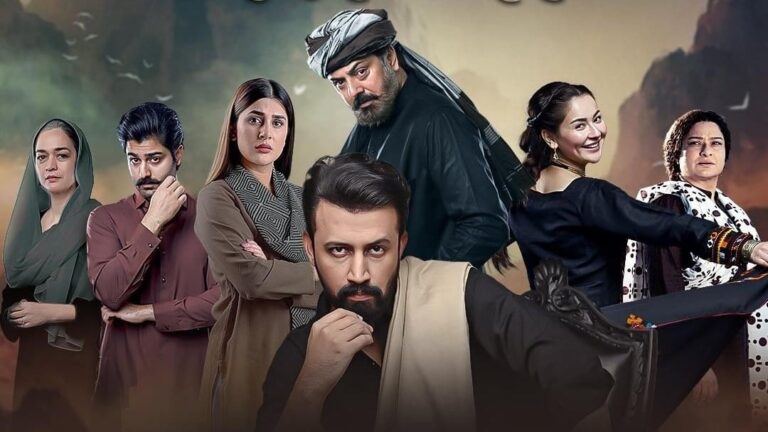
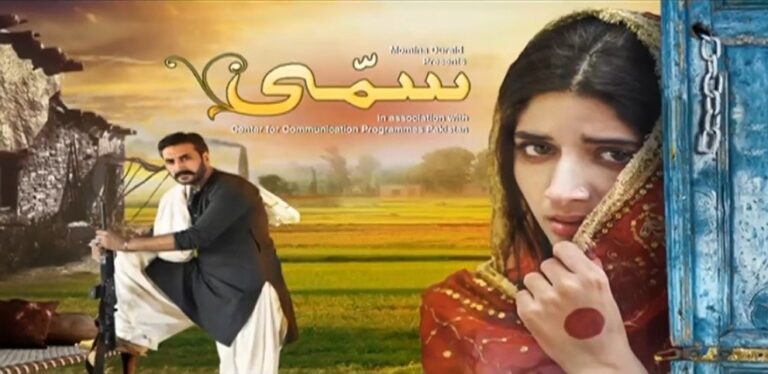

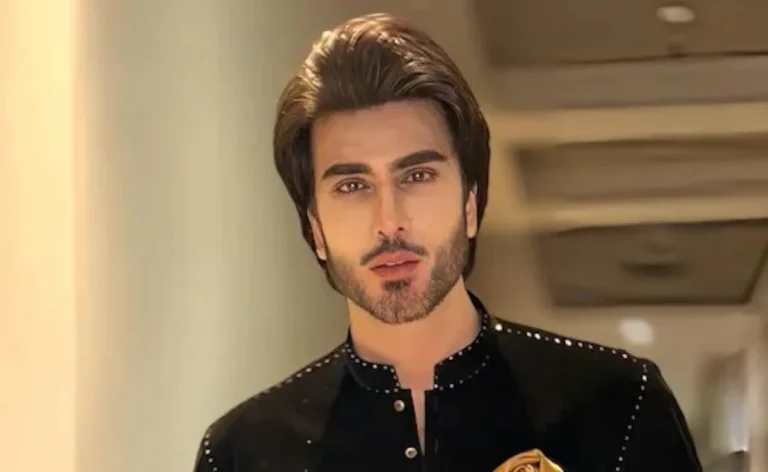
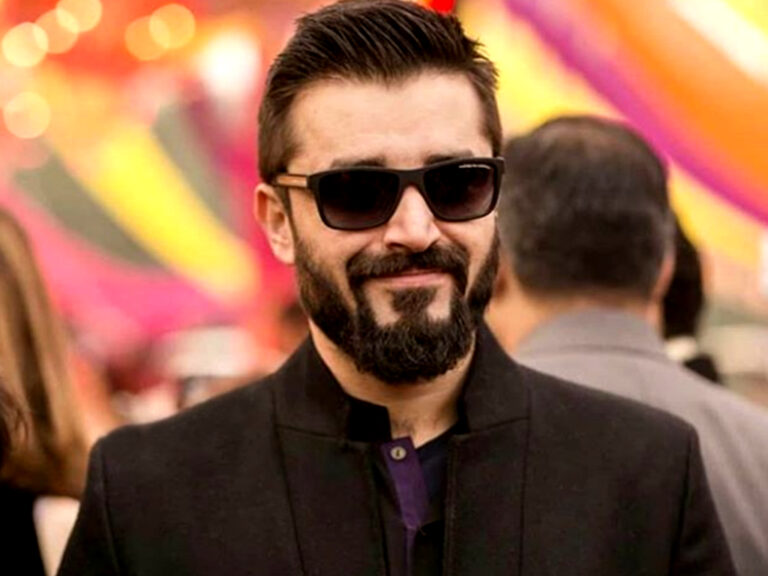
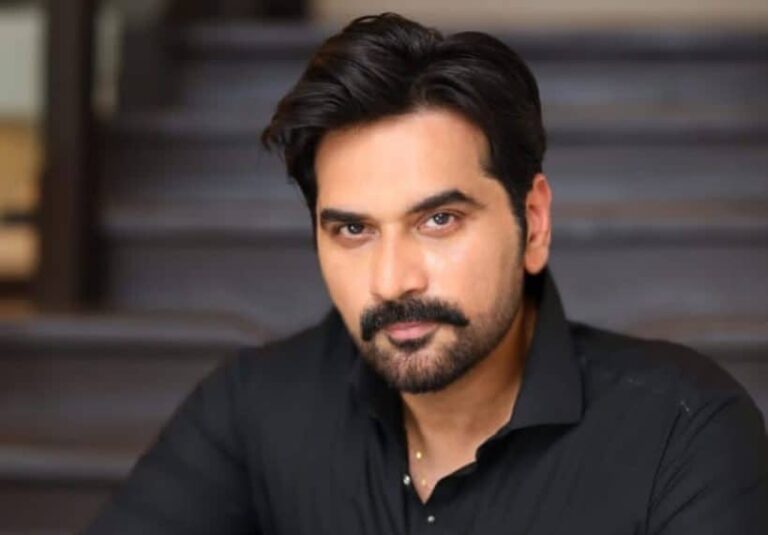


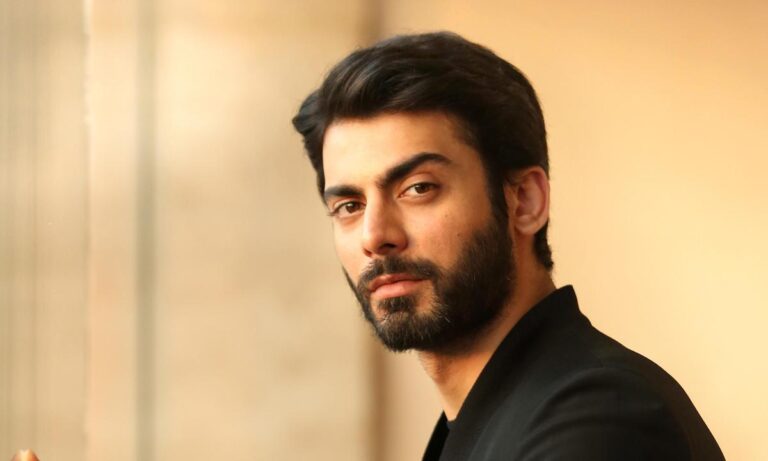


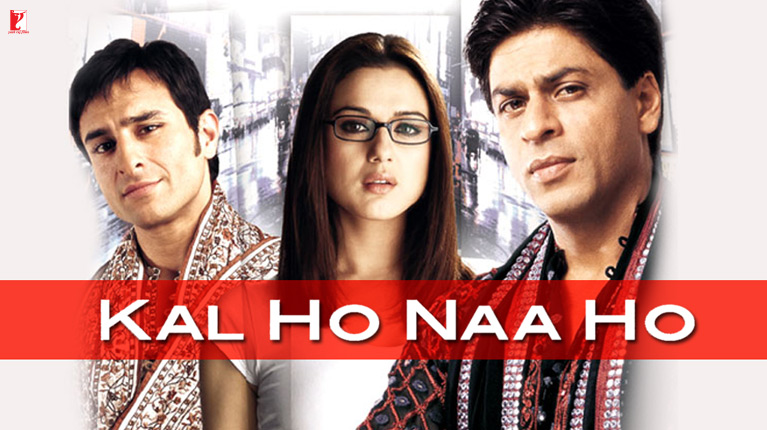
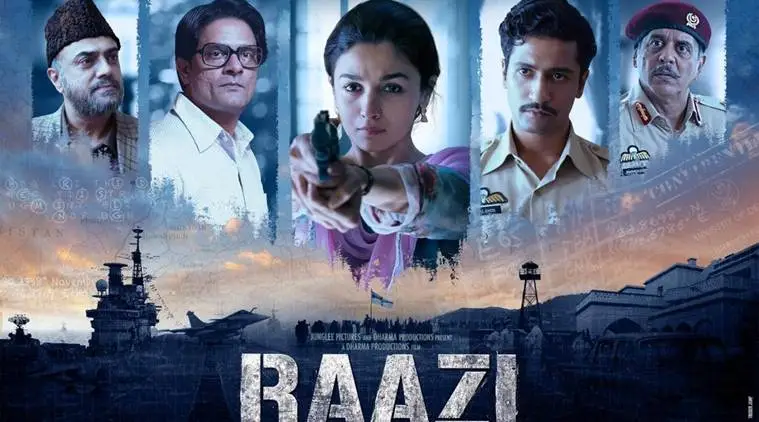
+ There are no comments
Add yours